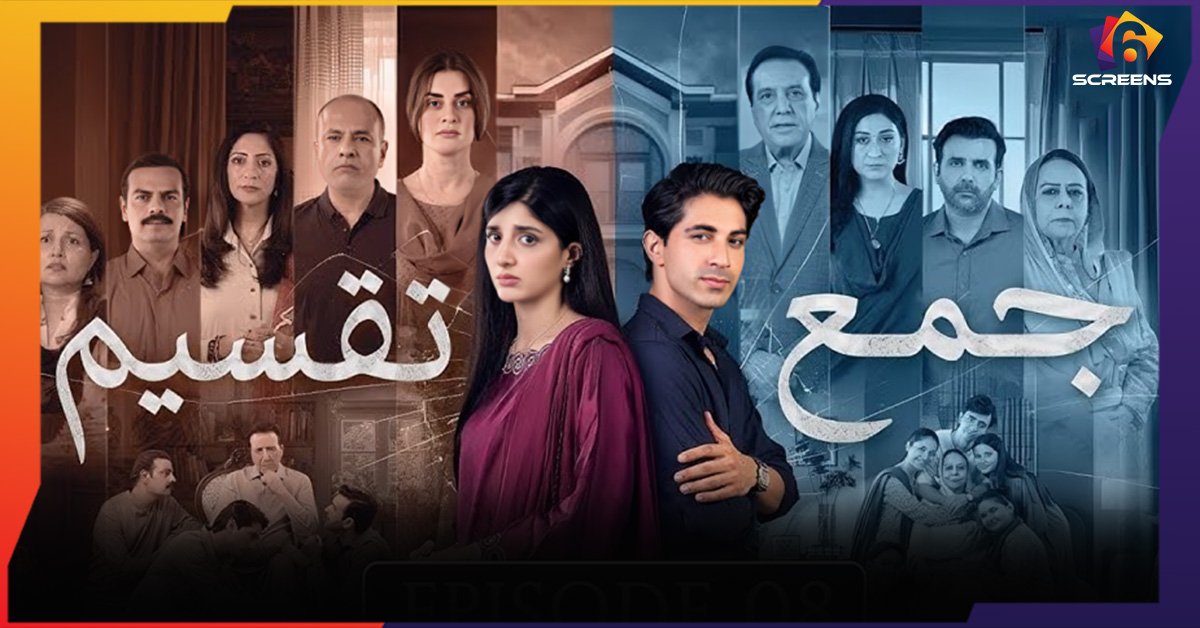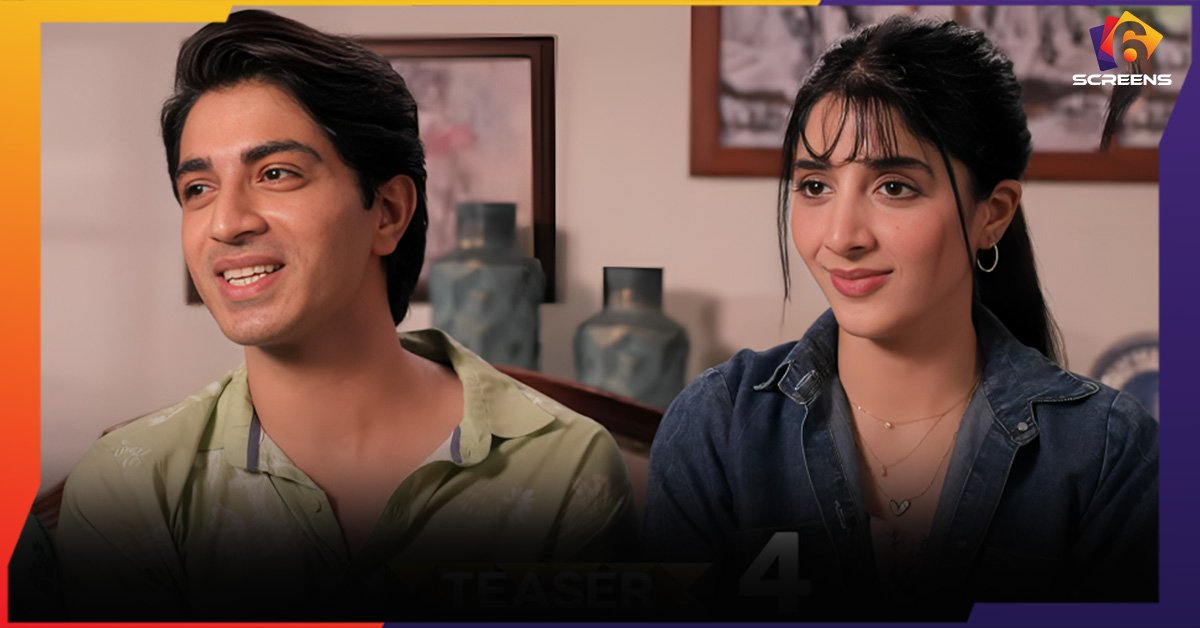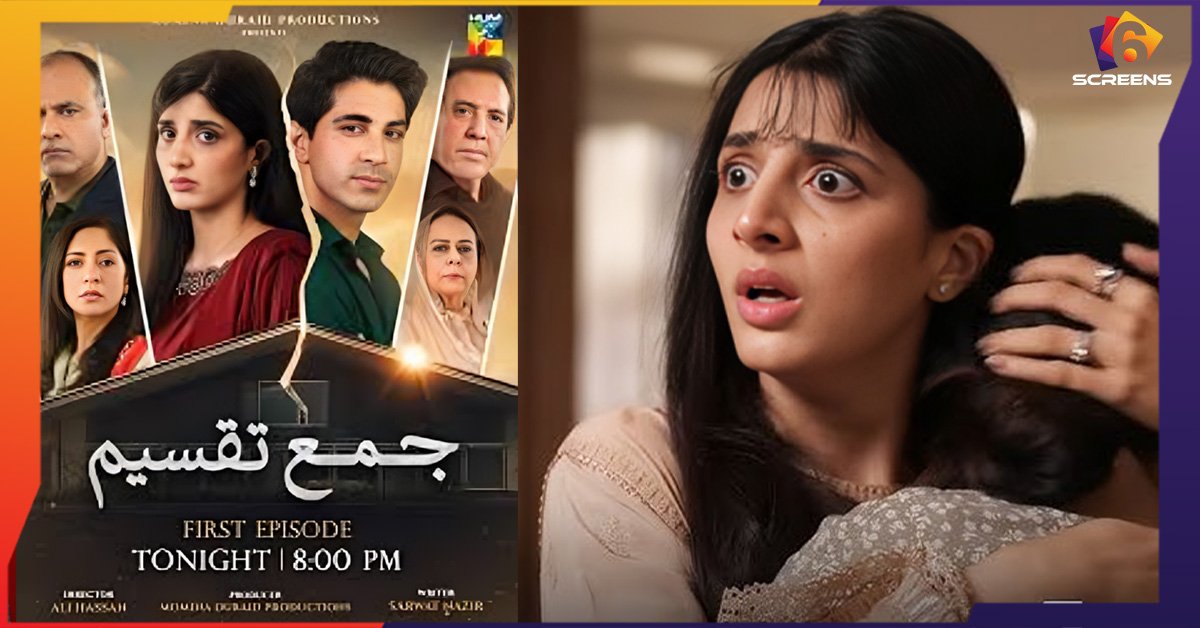
Jama Taqseem Brings Real Problems of Joint Families on Screen | Six Screens
The drama Jama Taqseem, starring Mawra Hocane and Talha Chahour, is getting a lot of attention lately. The new episodes show what many people experience every day in joint families. They don’t just show the good side, they also show the dark, difficult side. Viewers feel that this story hits close to home. Six screen media brings you all the details in this blog.
What Happened?
The drama writer Sarwat Nazir and director Ali Hassan have made Jama Taqseem very realistic. They show how living with many family members under one roof can become painful.
In the episodes airing now, we see Sidra living with her cousin Zeeshan. Sidra gets treated badly inside her own house. Many people watching this have said they see themselves in Sidra.

Viewers also talk about how toxicity grows in joint homes. Jama Taqseem shows this clearly. Families support each other, but sometimes they also harm each other without meaning to.
Public Reactions
Social media has responded strongly. One viewer said, “Sidra’s story is like mine. Mothers need to protect their daughters fiercely.” Another person wrote, “I have gone through similar toxicity.
This ruins the initial romance of your marriage.” And then someone else praised Laila, a chachi in the story, saying her concern in the Zeeshan case felt very real.
What So Special?
What makes Jama Taqseem special is its courage. Many dramas show joint families only in rosy colors, love, tradition, and big celebrations. However, this one reflects the mess too—hurt feelings, unfair treatment, people stuck inside homes where they do not feel safe or heard.

So, the audience thinks: how can families better support one another? How can we change our behavior that hurts one another without even knowing it?
Six Screen’s Take
According to Six Screens, Jama Taqseem does more than entertain. It shines light on hidden wounds inside joint families. It reminds viewers that even close relations need respect, kindness, and fairness. It tells us what we know but are afraid to talk about.
If you watch the new episodes, you might feel both heartache and hope. Heartache, because you see sides of life that sting. Hope, because seeing these problems on screen means people notice and maybe begin to change for the better

